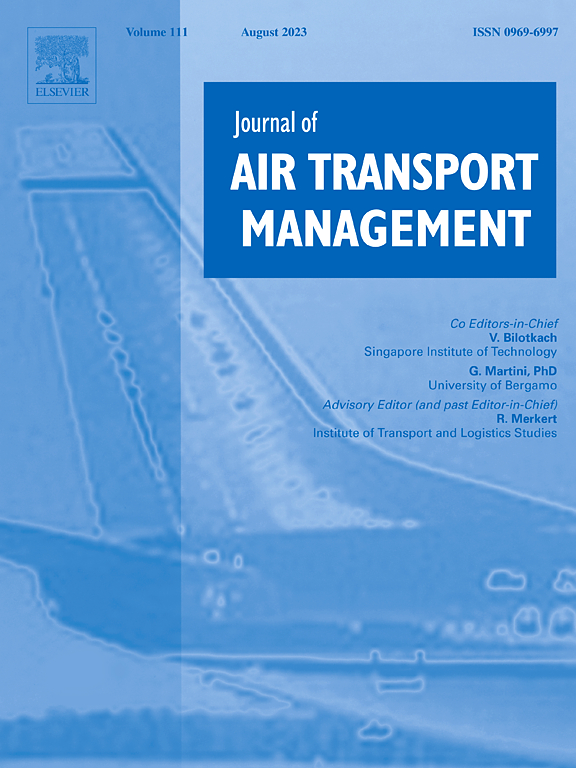An investigation of border restrictions policies on tourism spread of COVID-19 using scoring tools
IF 3.6
2区 工程技术
Q2 TRANSPORTATION
引用次数: 0
Abstract
Background
There isn't a one-size-fits-all law to effectively handle future pandemics. It is imperative that policies are grounded in robust scientific evidence to minimize preventable fatalities. The more deaths occur, the weaker the economy becomes. This paper aims to reveal the COVID-19 relationship between policy changes and their policy outcomes.
Methods
This paper delves into the methodologies for scrutinizing and managing potential future pandemics. For the effective management of future pandemics, it is crucial to scrutinize the outcomes of the policies implemented during the COVID-19 crisis from an impact assessment perspective. The population mortality rate is used in this analysis study: dividing the number of COVID-19 deaths by the population in millions. The population mortality rate is effective in measuring the policy outcome. Two scoring tools are used, such as scorecovid for discovering a snapshot of the best COVID-19 policy in the world and hiscovid for a time series analyzing COVID-19 policies. A literature review is conducted on identified causes associated with policymakers’ mistakes.
Results
This paper discusses the causes of COVID-19 spread in three countries: United-Arab-Emirates, New-Zealand and Japan.
Conclusions
As a result, this paper will discover that recent policy updates to COVID-19 (lifting border restrictions and shortening the quarantine period on tourism) are responsible for the resurgence of COVID-19.
基于计分工具的边境限制政策对COVID-19旅游传播的影响研究
没有一个放之四海而皆准的法律可以有效应对未来的流行病。政策必须以有力的科学证据为基础,以尽量减少可预防的死亡。死亡人数越多,经济就会变得越弱。本文旨在揭示COVID-19政策变化与政策结果之间的关系。方法本文探讨了审查和管理未来潜在流行病的方法。为了有效管理未来的大流行,从影响评估的角度审视2019冠状病毒病危机期间实施的政策的成果至关重要。本分析研究中使用了人口死亡率:将COVID-19死亡人数除以以百万为单位的人口。人口死亡率是衡量政策成果的有效指标。使用两种评分工具,例如scorecovid用于发现全球最佳COVID-19策略的快照,hiscovid用于时间序列分析COVID-19策略。对与政策制定者错误相关的确定原因进行了文献综述。结果本文讨论了新冠肺炎在阿联酋、新西兰和日本三个国家传播的原因。因此,本文将发现最近对COVID-19的政策更新(取消边境限制和缩短旅游隔离期)是COVID-19卷土重来的原因。
本文章由计算机程序翻译,如有差异,请以英文原文为准。
求助全文
约1分钟内获得全文
求助全文
来源期刊

Journal of Air Transport Management
TRANSPORTATION-
CiteScore
12.40
自引率
11.70%
发文量
97
期刊介绍:
The Journal of Air Transport Management (JATM) sets out to address, through high quality research articles and authoritative commentary, the major economic, management and policy issues facing the air transport industry today. It offers practitioners and academics an international and dynamic forum for analysis and discussion of these issues, linking research and practice and stimulating interaction between the two. The refereed papers in the journal cover all the major sectors of the industry (airlines, airports, air traffic management) as well as related areas such as tourism management and logistics. Papers are blind reviewed, normally by two referees, chosen for their specialist knowledge. The journal provides independent, original and rigorous analysis in the areas of: • Policy, regulation and law • Strategy • Operations • Marketing • Economics and finance • Sustainability
 求助内容:
求助内容: 应助结果提醒方式:
应助结果提醒方式:


